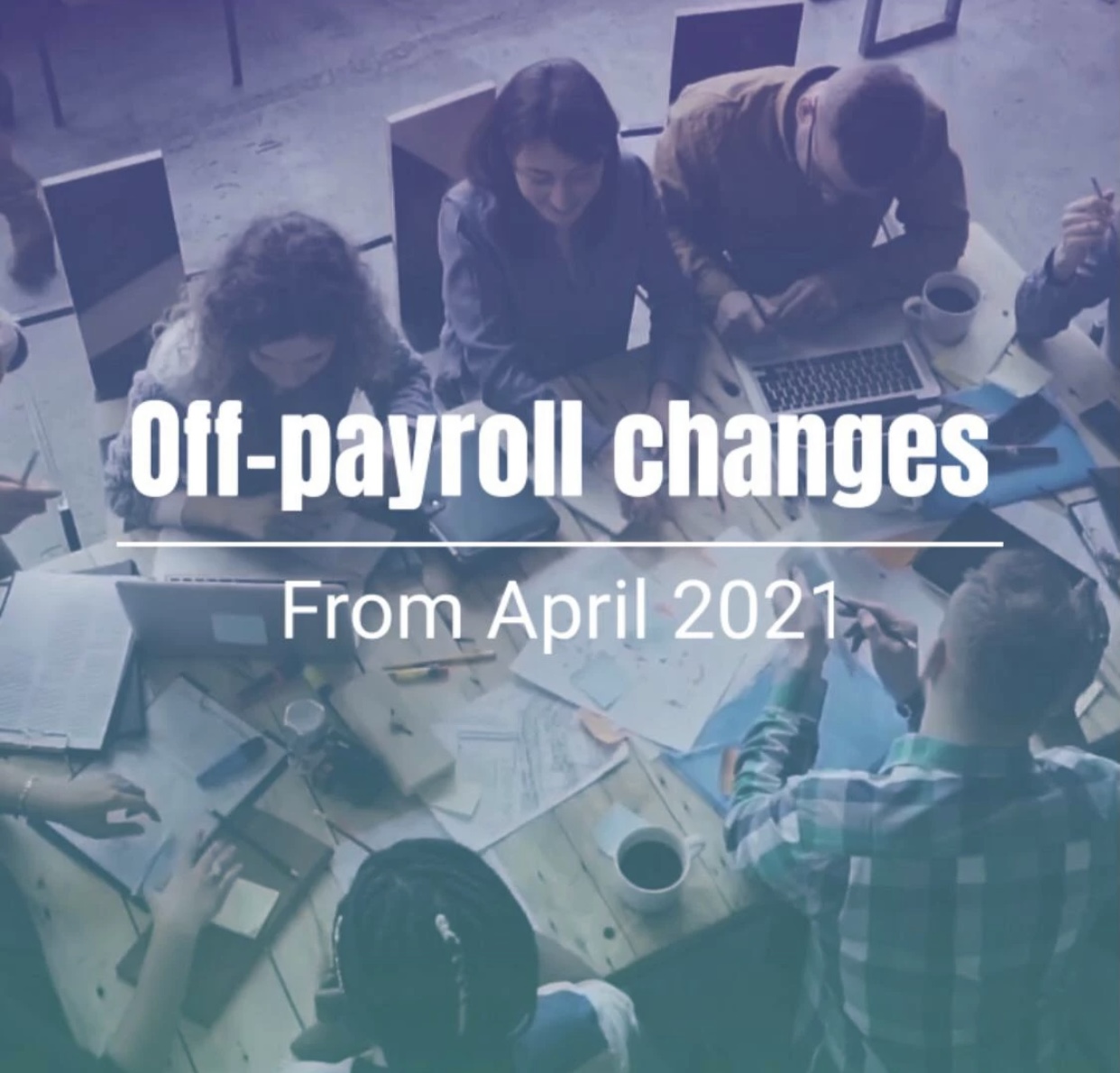Understand and prepare for changes to the off-payroll working rules (IR35) if you are a contractor or an intermediary and your employee is providing services to a client.
An intermediary (usually a limited liability company) is normally a company providing personal services, but can also be a partnership, a managed services company, or another person. An employee is also can be called a contractor.
Rules to work off-payroll
On 6 April 2021, the way the rules for work off-payroll will change.
Until 6 April 2021, if your employee provides services to a client through you:
- in the public sector, the client must decide on your employment status;
- in the private sector, you must determine the status of your employee.
From 6 April 2021, all public sector clients, as well as medium to large private sector clients, will be responsible for determining your employee's employment status. This includes some charities and third sector organisations.
If the off-payroll working rules apply, your employee's benefits will be subject to taxes and National Insurance contributions.
What the changes mean
If your employee provides services to a client from the public or medium or large private sector, then:
- should get an employment status determination from the client, as well as the reasons for this determination;
- will be able to challenge the decision given to them if they do not agree.
Other rules apply if your employee:
- does not receive a determination of employment status from the client;
- provides services to small clients in the private sector.
If your employee has not received an employment status determination
This may be due to the fact that they provide services to a small private sector client, as the rules for these clients do not change. Your employee may ask for confirmation of the client's size, and the client has 45 days to respond.
If the client confirms that it is a small organisation, you, as an intermediary (usually a limited liability company), are responsible for determining your employee's status to check if the off-payroll rules apply.
Your responsibilities from 6 April 2021
Taxes and National Insurance
If your employee provides services to a small private organisation and the operating rules apply in addition to salary, you are responsible for withholding tax and National Insurance from your employee's fees and paying them to HMRC.
A deemed employer becomes responsible for withholding taxes and National Insurance contributions and paying them to HMRC if both:
- public, medium or large customer determines the status;
- the off-payroll working rules apply.
Pay your employee
Taxes and National Insurance contributions are already withheld from your employee income if both:
- your employee provides services to a government agency or a medium to large private sector client;
- the off-payroll working rules apply.
This means that when you pay an employee, he does not have to pay taxes and national insurance contributions again on those fees.
You can do this by either paying it as:
- a salary through your payroll - but without deducting taxes or national insurance contributions;
- dividends - they do not need to be included in your employee's self-assessment.
Since these amounts have already been accounted for as income from employment, this way you avoid double taxation or national insurance contributions.
You can book a consultation with Persona Finance to understand better how to proceed with payroll in your company. In case you do not want to deal with it we provide Payroll services for your company.



